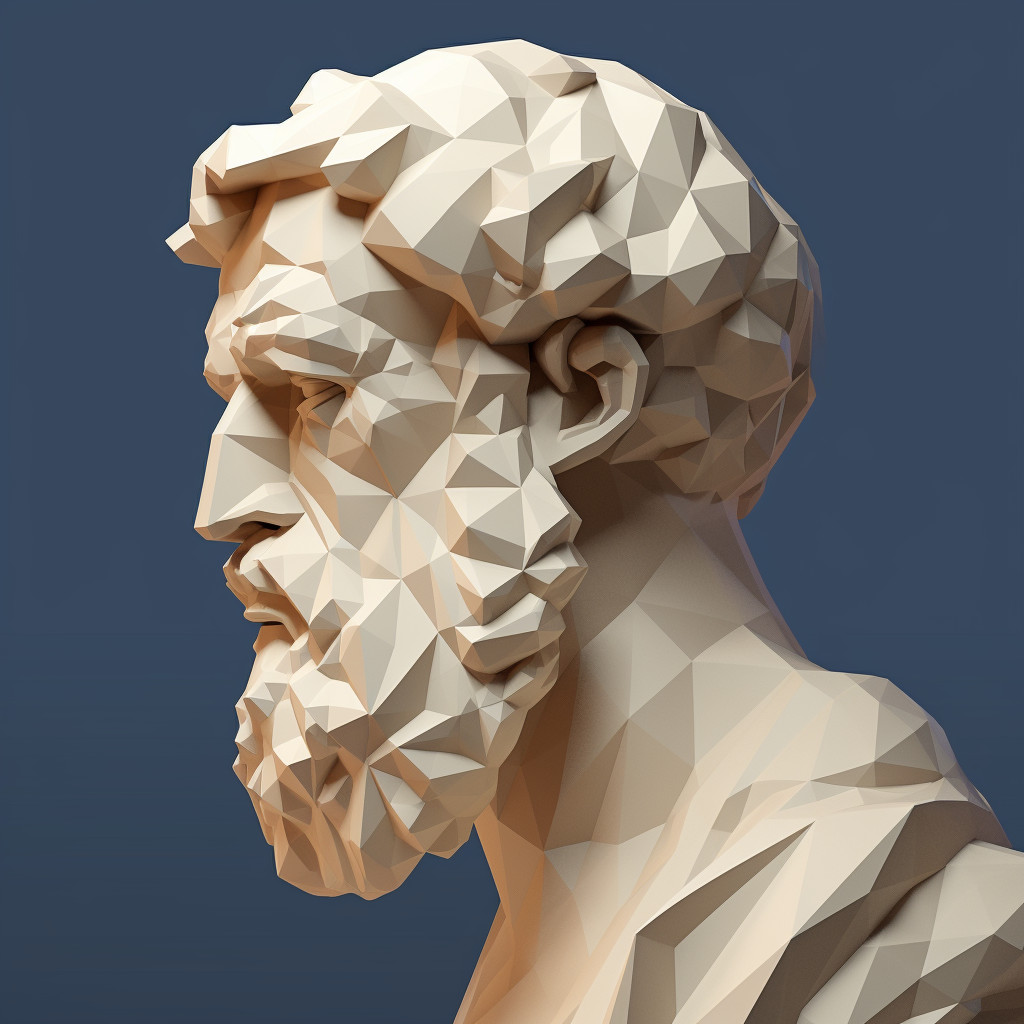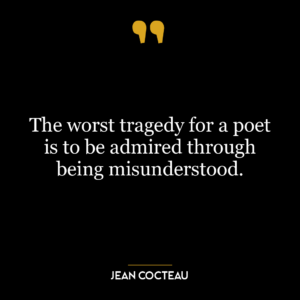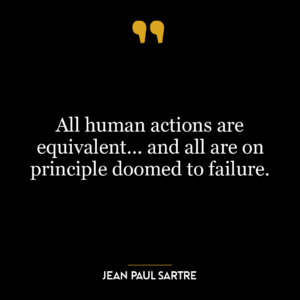This quote suggests that tragedy, as a form of art, does not merely replicate individual human beings, but rather, it imitates the broader aspects of life and action. In other words, it’s not about the portrayal of specific characters, but about the representation of the human condition, the struggles, conflicts, and resolutions that define our existence. This is a much deeper, more profound level of imitation that goes beyond the surface level of individual personalities or characteristics.
Aristotle’s idea reflects the essence of drama and literature, which is to depict and explore the universal human experience. Tragedy, in Aristotle’s view, is a mirror of life, reflecting not just who we are, but more importantly, what we do, how we interact with each other and the world around us, and how we navigate the challenges and adversities that life throws at us.
Applying this concept to today’s world, we can see that the most impactful and memorable stories in film, literature, or theater are those that resonate with our own experiences, that reflect the trials and tribulations, the joys and sorrows, the triumphs and defeats that we encounter in our own lives. They imitate life in a way that we can relate to, that speaks to our own human condition, regardless of our individual circumstances or backgrounds.
In terms of personal development, Aristotle’s idea underscores the importance of action and experience in shaping our lives. It’s not just about who we are, but what we do, the choices we make, the actions we take, that truly define us. This perspective encourages us to be active participants in our own lives, to engage with the world around us, to face our challenges head-on, and to learn and grow from our experiences. It reminds us that life is not a spectator sport, but a dynamic, interactive process of action and reaction, of cause and effect, of trial and error, and ultimately, of growth and development.












